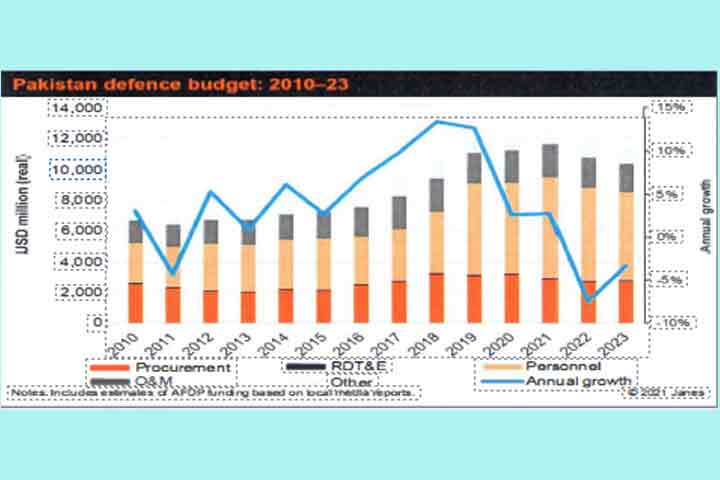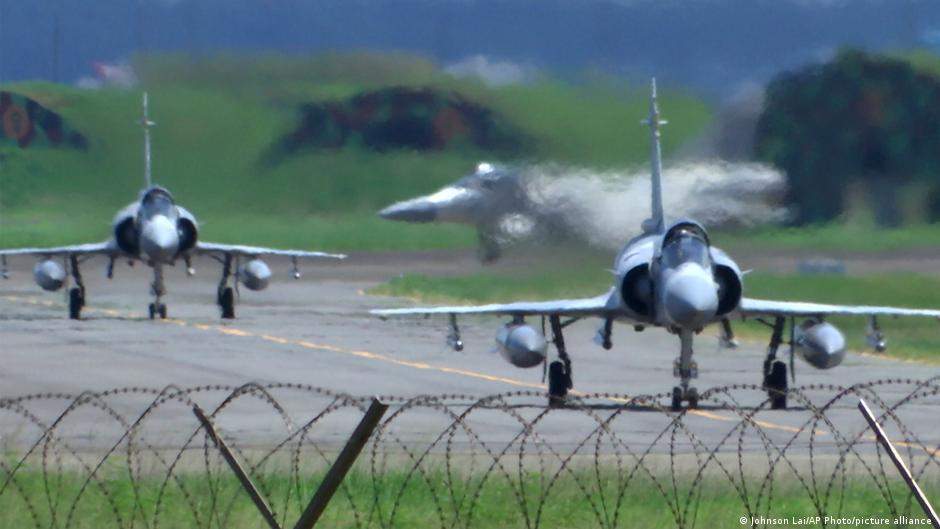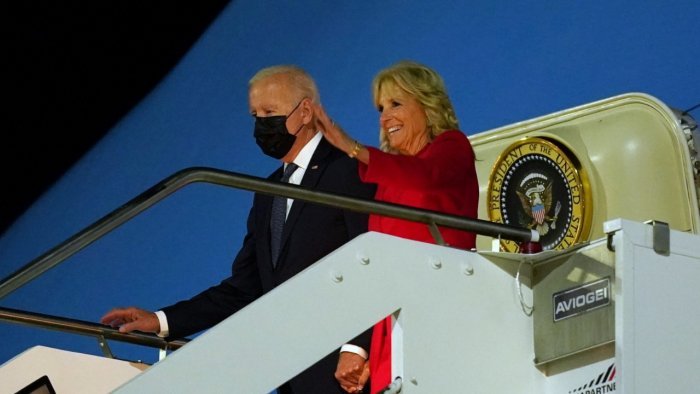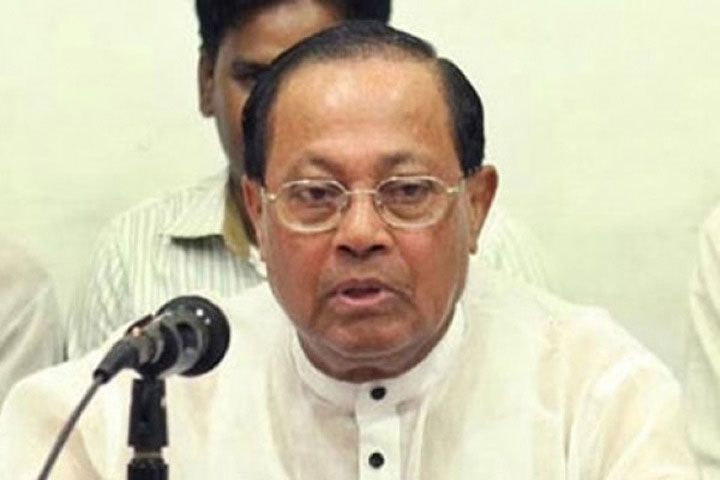Biden lands in Europe with domestic spending plans in limbo
US President Joe Biden has arrived in Europe for two international summits, leaving his $2.75tn (£2tn) domestic agenda in limbo back in Washington.
Mr Biden had hoped to trumpet a bumper environmental package to other world leaders at a UK climate conference.
But his fellow Democrats abandoned plans for a vote on Thursday, leaving his whole platform up in the air.
Mr Biden, whose approval rating has been falling, said his presidency itself was hanging in the balance.
He landed in Rome early on Friday for a G20 summit where plans for a global minimum tax will be on the agenda.
America's second Catholic president will also meet Pope Francis at the Vatican on Friday.
He will then head to Scotland on Sunday night for the United Nations climate conference, COP26, in Glasgow.
Mr Biden will seek to project the message that the US is back in the fight against global warming after his predecessor, Donald Trump, withdrew from the Paris climate accord.
Before leaving the White House for Rome, Mr Biden unveiled a scaled-down spending plan which was the product of months of haggling.
He implored fellow Democrats during a closed-door meeting on Capitol Hill to support his legislative plans, saying he wanted to prove during the two summits that US democracy still works.
"The rest of the world wonders whether we can function," he was quoted as saying by US media.
House of Representatives Speaker Nancy Pelosi called on rank-and-file Democrats not to embarrass Mr Biden by revolting.
But the more liberal members of the party refused to go along with the plans without a guarantee that both spending packages would be voted on in tandem.
Mr Biden is firstly trying to rally Democrats around a $1tn infrastructure package, which has already passed the Senate.
He is also trying to pass a pared-down bill costing at least $1.75tn, which the White House calls Build Back Better.
The green spending would seek to dramatically slash US greenhouse gas emissions by 2030, provide new tax breaks for electric vehicles and roll out installation of solar panels on American homes.
It also includes $100bn for unspecified reforms to the nation's immigration system, according to US media. The president has argued that the spending will be fully paid for by tax hikes on corporations and multimillionaires.
Left-wing Senator Bernie Sanders said it was "probably the most consequential bill since the 1960s", but added that there were some major gaps in it.
Progressives are unhappy because the plan does not include paid family leave, free community college, a large healthcare expansion, a tax on billionaires, or lower prescription drug prices.
Those sceptical of the bill also demanded to see the text of the legislation, leading the House of Representatives to release 1,684 pages on Thursday.
The original price tag for the proposal was $3.5tn, but it has been cut in half at the insistence of two moderate Democratic senators who could doom the bill in the evenly split Senate.
The objections by Joe Manchin of West Virginia and Kyrsten Sinema of Arizona have infuriated the liberal wing of the party.
On Thursday Mr Manchin and Ms Sinema issued lukewarm statements that still declined to back the president's stripped-down bill.
The House will not vote on the infrastructure bill until next week at the earliest. Mr Biden is due back in Washington on Wednesday.
White House press secretary Jen Psaki said Mr Biden can still try legislative arm-twisting by phone from Rome.
The president's job approval rating, meanwhile, has slumped to 42.5% in the RealClearPolitics polling average.
Source: BBC
29 Oct 2021,12:48




















 Live Tv
Live Tv






